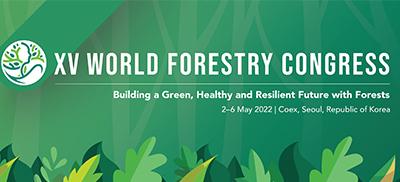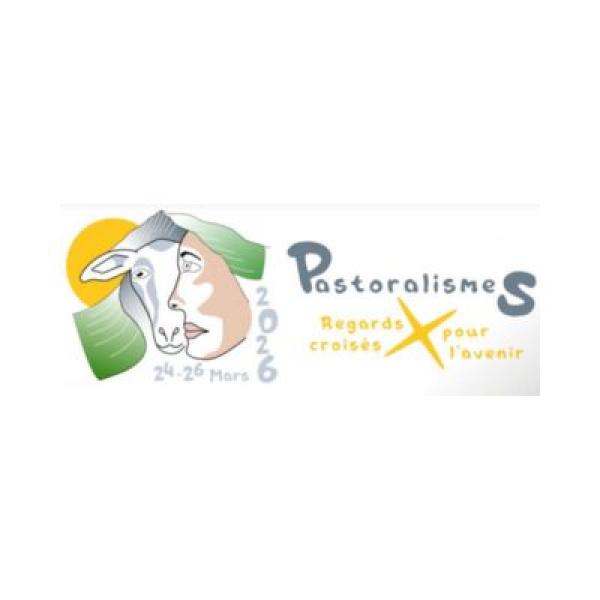This 15th edition of the World Forestry Congress will focus on defining the role of forests in the global development agenda (Agenda 2030) and other major agreements (Global Forest Targets, Paris Agreement, Global Biodiversity Framework post-2020), and identifying the key measures that need to be put in place as the forestry sector adapts to the new reality. Throughout the week, CIRAD scientists will be contributing to this at side events, but also at poster sessions.
State of the Congo Basin forests: Unleashing the power of regional data and information
3 May 2022, 10:30 -12:00 CET
The side event will present and discuss the main findings of the publications "The State of Central African Forests" and "The State of Central African Protected Areas". It will also provide a space for reflecting on the importance of regional-level information and data, and how OFAC's publications and tools have facilitated exchanges and cooperation between COMIFAC Member States, strengthened national capacities to gather data, and produced crucial information for regional monitoring and evaluation systems.
Organized by COMIFAC, OFAC, CIFOR, the European Union, Forêt Ressources Management, Wageningen University & Research and CIRAD.
Register
A challenge to harmonize international efforts to fight against deforestation: towards a new, ecologically robust typology of the world's forests
4 May 2022, 5:30 to 7:30 CET
The fight against deforestation is now a priority for many countries, some of which, including the European Union, have committed to fight "imported deforestation". However, that commitment means agreeing on the meaning of the word "forest". While global organizations often use global definitions, many countries have their own ideas. The various definitions generally centre on between two and four variables, but the values adopted may be very different: the percentage of forest cover, the minimum area concerned, the minimum width of that area, and tree height. The variations in these definitions have significant consequences for the fight against deforestation and imported deforestation.
The side event will include a debate on the adoption of a shared international definition of what constitutes a "forest", based among other things on ecological characteristics.
Organized by CIRAD, CIFOR, GIP Ecofor, FAO, the French Global Environment Facility and IRD.
Register
Public and private sustainability initiatives to promote greater inclusion of smallholders and small and medium-sized enterprises
5 May 2022, 2:30 to 4:00 CET, Conference Room 307C
This panel explores some of the many challenges of implementing public and private sustainability initiatives through four case studies:
- Forest Stewardship Council's (FSC) New Approaches Program to promote greater smallholder engagement in Southeast Asia, presented by CIFOR - ICRAF's Michael Brady
- Municipal-level initiatives to halt deforestation in the Brazilian Amazon: Lessons for jurisdictional approaches, presented by CIRAD's Marie-Gabrielle Piketty
- Hybrid governance to ensure cocoa sustainability in Cameroon, presented by CIFOR-ICRAF's Guillaume Lescuyer
- The role of a Multi-Stakeholder Platform - the Table Filière Karité – in securing greater inclusion of women shea (Vitellaria paradoxa) producers in agri-business and cosmetic value chains in Burkina Faso, presented by CIFOR-ICRAF's D. Andrew Wardell
Register
Posters on the theme "Building a green, healthy and resilient future with forests"




























